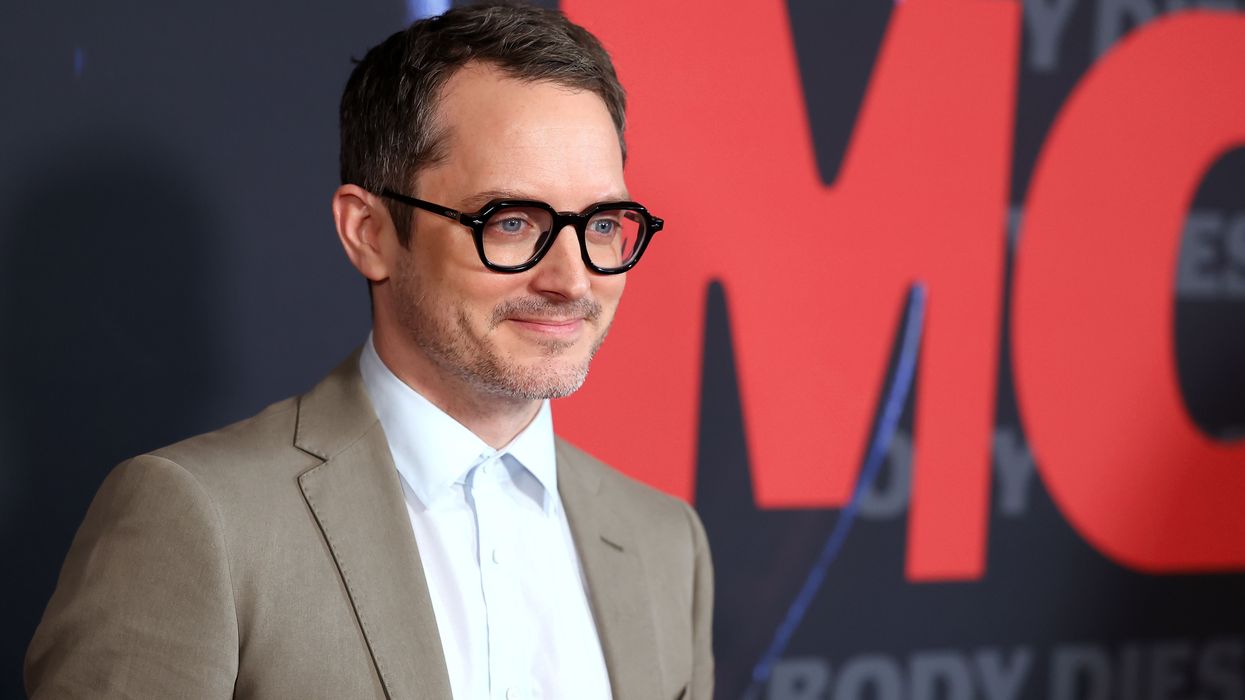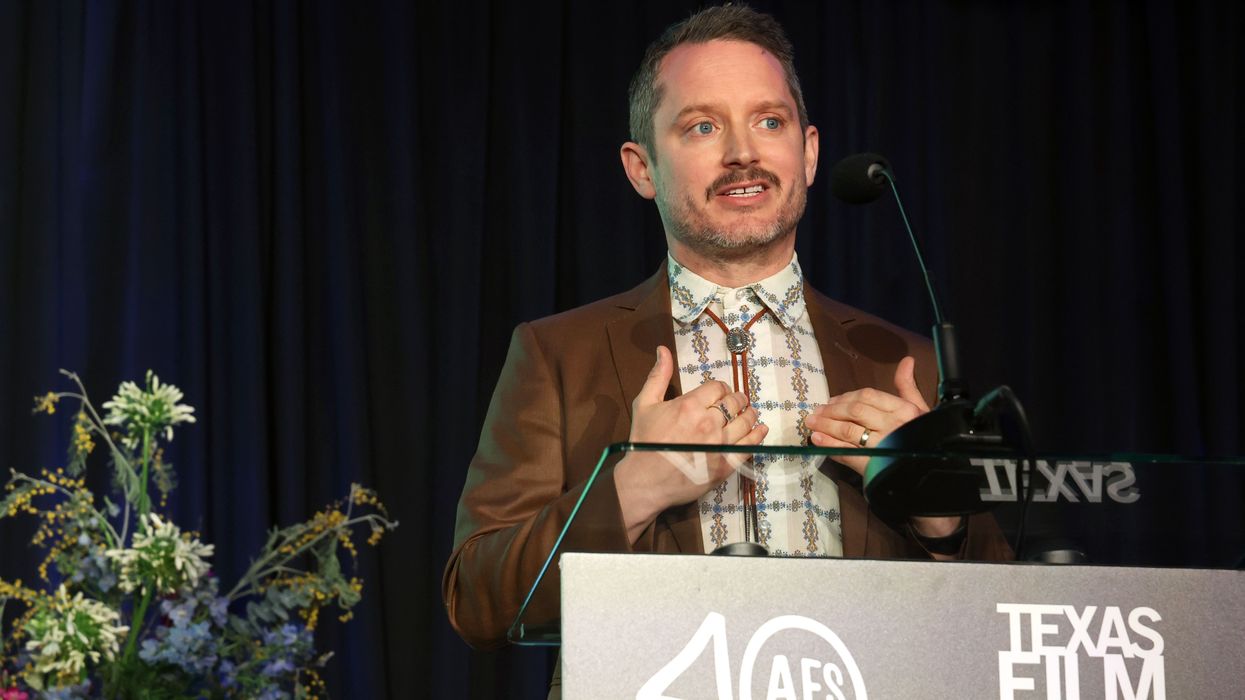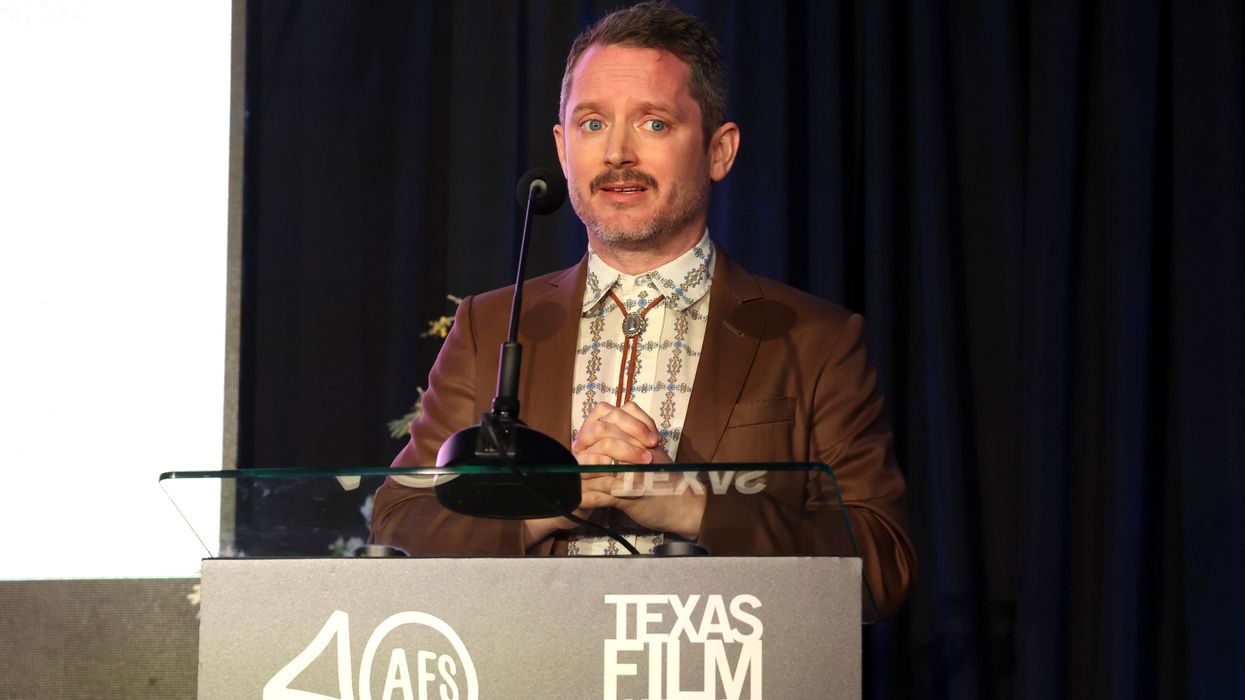Elijah Wood has shed light on an often-overlooked aspect of Hollywood blockbusters: the financial realities for actors in major franchises. Despite the Lord of the Rings trilogy raking in nearly £2.2 billion (₹23,000 crore) worldwide, Wood, who played the lead role of Frodo Baggins, revealed that the cast did not receive the kind of paycheques that would guarantee lifelong financial security.
Speaking at the Texas Film Awards, Wood explained that because all three films were shot back-to-back, the actors never had the chance to renegotiate their contracts as the series became a global phenomenon. “It wasn’t the kind of payday where you could sit back and never work again,” he said.

Director Peter Jackson and New Line Cinema took a significant risk in adapting J.R.R. Tolkien’s beloved novels, and to manage costs, the actors were reportedly paid modest salaries. This was in stark contrast to how Hollywood typically operates, where sequels often allow actors to command higher fees. Since the trilogy was filmed as a single project, there was no opportunity for the cast to benefit from its later financial success.
Cate Blanchett, who played the ethereal elf Galadriel, shared the same sentiment in a previous interview, joking that she was essentially paid in sandwiches and got to keep her elf ears as a souvenir. Orlando Bloom, who portrayed Legolas, previously disclosed that he earned around £138,000 (₹1.44 crore) for all three films, an amount that, while substantial by everyday standards, is relatively modest for a franchise of this magnitude. Sean Astin, who played Samwise Gamgee, stated in another interview that he was paid around £197,000 (₹2.06 crore).

Despite the financial constraints, Wood holds no resentment. Instead, he emphasises the life-changing experience of being part of such an iconic project. “The real reward was the opportunity to be involved in something so special,” he said. “These films are a part of us forever.”
The Lord of the Rings trilogy is one of the most successful and beloved franchises in film history, proving that the biggest payoff isn’t always about money, sometimes it’s about legacy.





